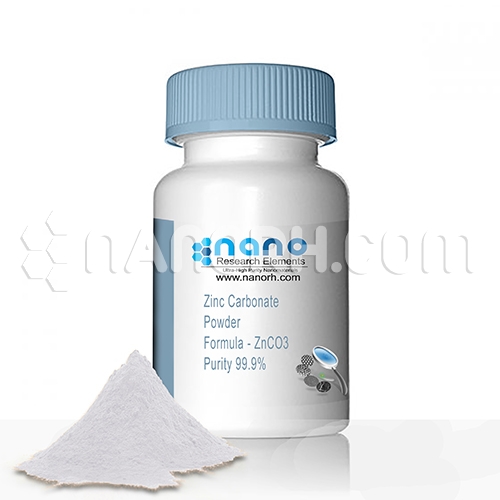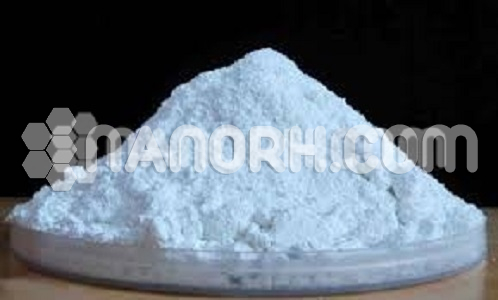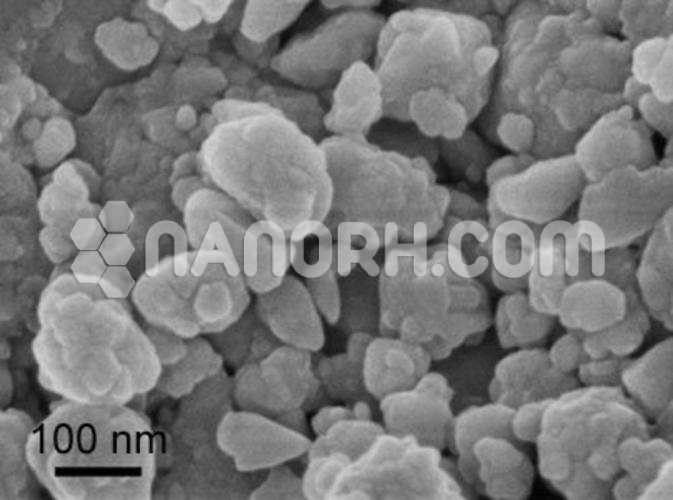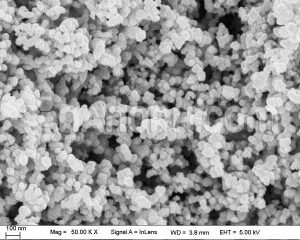| Zinc Carbonate Powder | |
| Product No | NRE-11289 |
| CAS No. | 3486-35-9 |
| Formula | ZnCO3 |
| Density | 4.4 g/cm3 |
| APS | <40µm (Can be Customized) |
| Purity | 99.9% |
| Form | Powder |
| Molecular Weight | 125.3889 g/mol |
| Certificate Of Analysis | |
| Zn | 52.1% |
| C | 9.5% |
| O | 38.2% |
| Fe | 0.03% |
| Al | 0.02% |
| Ni | 0.01% |
| Mg | 0.01% |
Zinc Carbonate Powder
Introduction
Zinc Carbonate powder is an inorganic compound composed of zinc (Zn) and carbonate (CO₃²⁻) ions. It typically occurs as a white, odorless, fine powder and is known for its insolubility in water but can be dissolved in acids. Zinc carbonate can be found naturally as the mineral smithsonite, and it is commonly produced synthetically by reacting zinc salts (such as zinc sulfate or zinc chloride) with a carbonate source like sodium carbonate (Na₂CO₃) or ammonium carbonate (NH₄₂CO₃).
Applications
Production of Zinc Oxide (ZnO):
One of the primary applications of zinc carbonate is as a precursor in the production of zinc oxide. By heating zinc carbonate to high temperatures, it decomposes to form zinc oxide (ZnO), a widely used compound in industries such as rubber manufacturing, paints, and pharmaceuticals.
Zinc oxide is a critical material used in the production of rubber, cosmetics, sunscreen, and paints, where it acts as a vulcanization agent, UV filter, and pigment.
Agriculture:
Zinc carbonate is used in fertilizers and soil treatment to provide zinc to crops. Zinc is an essential micronutrient for plants, playing a critical role in enzymatic processes, protein synthesis, and chlorophyll production.
It is commonly used to address zinc deficiency in crops like corn, wheat, and rice, which can lead to poor growth and reduced yields. Zinc carbonate is often applied in soil amendments to improve the overall health and productivity of agricultural land.
Pharmaceutical and Medicinal Applications:
Zinc carbonate is used in the pharmaceutical industry as an ingredient in topical treatments for skin conditions like eczema, acne, and diaper rash. It is often included in calamine lotion or other soothing lotions due to its antiseptic and astringent properties.
It is also used in oral health products like toothpaste and mouthwashes, where it helps control oral bacteria and contributes to oral hygiene by preventing the buildup of plaque.




